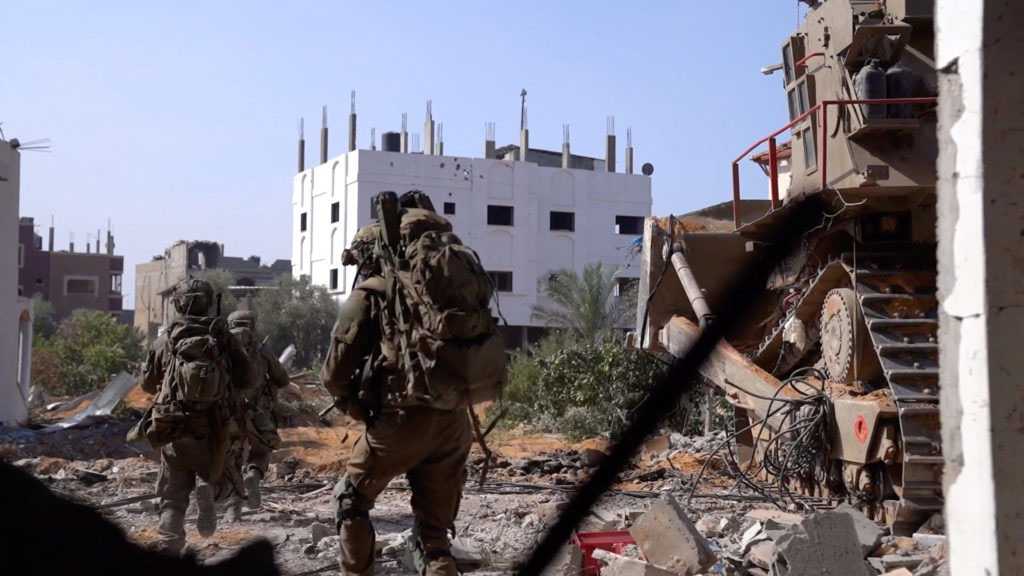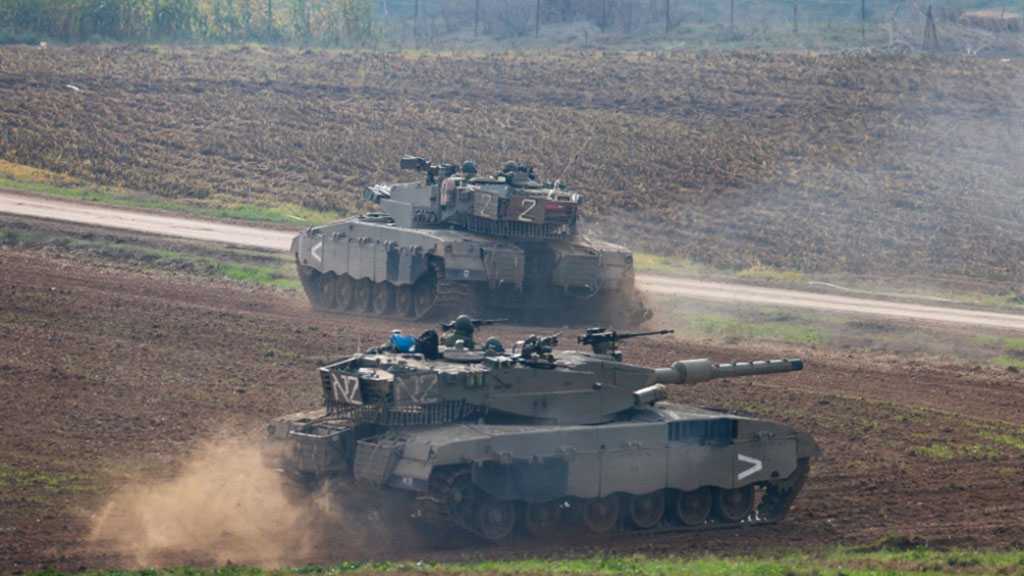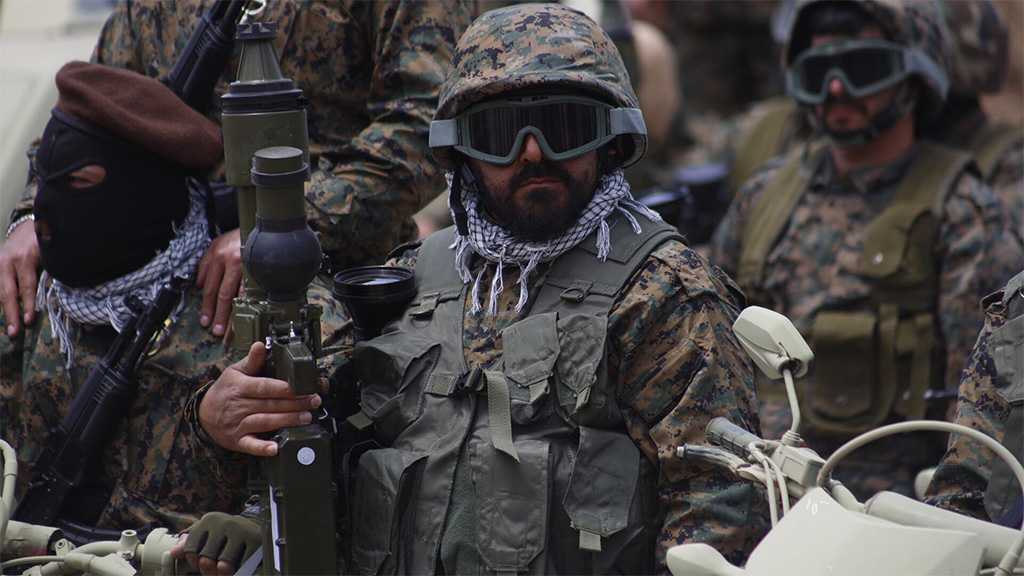
The demise of "Israel": Quantity, quality & the July War

As-safir, 13-08-2009
Eyad Zeyor, University Professor
As I put the potato in her plate, my aunt surprised me when she told me that in our town in the South we did not know potato cultivation technology until the end of the forties. Then, she further added that during her childhood and part of her youth, we lived a very primitive life. Our wealth was a few fig and olive trees, some livestock, illiteracy was almost total.
Anyone who visits my town of today discovers the reason for my surprise: the comeliness of the palaces and cars, educated elites, environmental associations and the internet, one becomes aware how intrinsic the change process that occurred in one generation is. Interestingly enough, though this tremendous progress is considered prodigious from a historical point of view, it does not appear to stir any self-appreciation or improved awareness proportional to the value of these achievements.
The goal of this article is not to advertise my town, but to highlight the size of the change that has occurred since the establishment of the State of "Israel." I'm trying to point out that contrary to the melancholic mood, a lot of things are improving towards toppling the equation that produced "Israel", but without awareness of such improvement, it will be worthless within the game of the conflict.
At the outset, the Zionist settlement was based on the European model, which succeeded in Australia and America, whereby civilized Europeans moved to fertile land inhabited by primitive peoples, in the end the more civilized dominates and the more primitive disappears. The Zionists made no secret of this, always describing themselves as the civilized surrounded by primitive peoples. In their stories about the 48 war, the enemy leaders claimed to have won not because of having better weapons or more men but because they are more civilized.
At that time, the idea seemed acceptable; when Western Jews were building the "Empire State" building in Chicago in 1914, bodies in our region were rotting of hunger. When the B-52 was carrying out its first experimental flights in 1949, our mud roofs were leaking water on us in the winter. The "Empire State" still stands as an architectural milestone in the world today. The B-52 is still serving probably carrying out raids in Afghanistan right now, but we are no longer hungry. In fact, women no longer touch the food, not because it is unavailable or scarce, but because the maids now do this for them.
"Israel's" gamble on quality to survive in the face of a hostile quantity has started to lose. The quantity turns to quality (the principle of Hegel and Marx). The value of the "Israeli" complex towards the resistance in Lebanon, is that for the first time "Israel's" quality does not win against Arab quantity (and this in itself is frightening to them), but more so that the Arab quality triumphs over the "Israeli" quantity. The cultural difference is diminishing in the military and security conflict, even at leadership and psychological conflict levels, as was the case in the July war.
It is not necessary for the difference to completely vanish, with an acceptable level of difference in quality, the quantity often triumphs when it decides to utilize its quantity, as was the case in World War II between industrial Germany and agricultural Russia. Back then Germany represented quality, more than "Israel" does today.
Germany was the inventor of the mechanized "blitzkrieg", which the Netherlands was not able to withstand more than four days of. Throughout the first two years of that war Germany did not lose any ground battles, each week of those two years was equal to what all the Arabs went through in the past sixty years of fighting.
Today, historians are in agreement that Germany kept weapons and tactical supremacy through most of the war, but all its successes were lost drowning in a huge flood of uninterruptible supplies from the allies. Thus quantitative Russia defeated qualitative Germany because the Russians who were confident in their quantity, utilized tactics and weapons less advanced than their corresponding German's, but easier to produce abundantly (The Katyusha rockets for example).
The occurring change of narrowing the quality gap, as the July war indicated, means that in the long term, "Israel" is not a viable entity without direct American support- a rising cost proportional to the increase of the Islamic influence in the world.
The U.S. has fundamental interests with the Islamic world, which it needs economically, come the current global economic crisis and China's rise to serious competitor status, with a ten percent annual economic growth rate, these interests become more critical. America's support for "Israel" poisons its relationship with the Islamic world and plunges the U.S. into costly crisis (11 September, the wars in Iraq and Afghanistan) which would not have been so difficult if it were not for the wound of Palestine.
Because of this cost, "Israel" today is to the West an entity bringing greater losses than profits. Since the West is Darwinian to the bone, it will not have mercy on an entity unfit to exist unaided, the most it could do for such an entity is grant it a period of grace to extend it with artificial respiration until some deal is secured to keep it alive, or smooth-enter it into bankruptcy in an orderly rather than a catastrophic manner.
[[[
The U.S. today is straining to seal a deal on the Palestinian issue that ends the price America is paying. According to such a deal, "Israel" is supposed to sell off some control of some territory in return for the price of accepting this entity and ending the Palestinian issue, which represents the seed of hatred for America.
But must the Arabs accept this price?
According to contemporary economic notions, the ‘price' comes from a psychological estimation of the value, it is what the buyer is convinced to pay, which is extremely fluctuant, as the stock market shows us today. The price does not necessarily reflect the current status of the entity, but relies more on its future indicators ‘Trends.'
Many companies currently experiencing an increase in losses may have high value shares because of the good future they are expected to have, and vice versa.
The nature of the ‘price' does not differ in political conflict, where the psychological factor is more important, considering defeat occurs only when one party is convinced it is incapable of winning, hence the price paid here is the outcome of each party's evaluation of its own abilities and capabilities as well as those of its opponent. Hence war today is fought over awareness- the hearts and minds. While "Israel" is trying to claim to be living its glory days today, its future indicators are not in its interest, particularly the results of the July war which toppled the quantity and quality equation. This means "Israel" has lost its basic viability components and therefore any price paid now is excessive.
According to this conclusion and its implications, awareness is more important than military outcome of war. Not once did "Israel" dream it was able to maintain supremacy forever, but it has always gambled on engineering awareness, so that a low price is accepted, by attempting to convince others that the quality gap they face is an unalterable sealed fate. Not only was this gamble harmed in the July War, the Western faith in this entity's viability has been weakened, raising the question about the feasibility in continuing to pay the expenses of an entity governed by Darwinian determinism.



